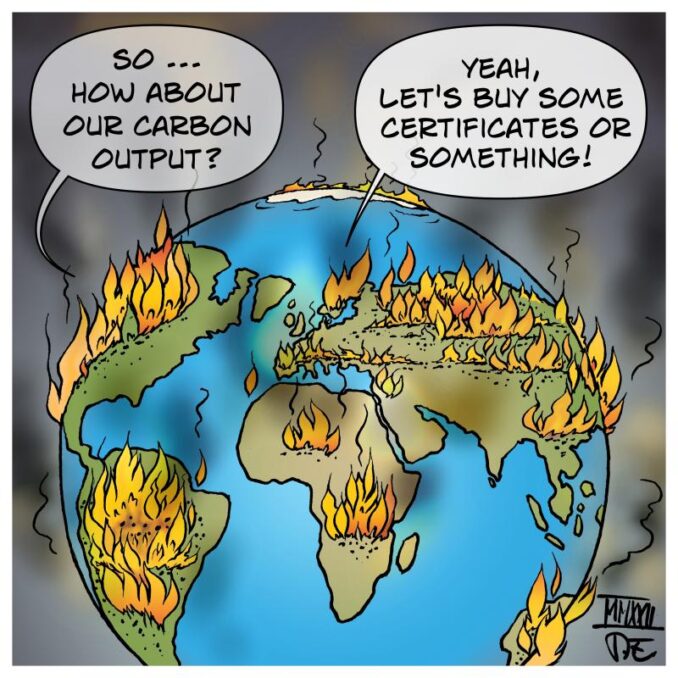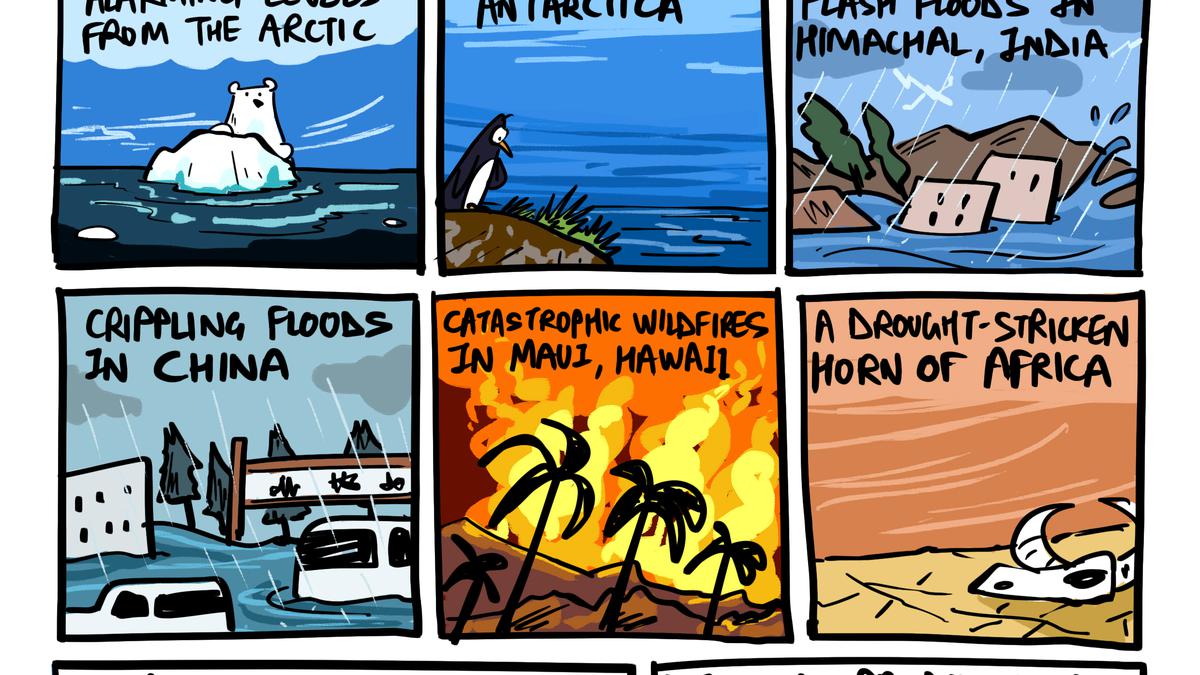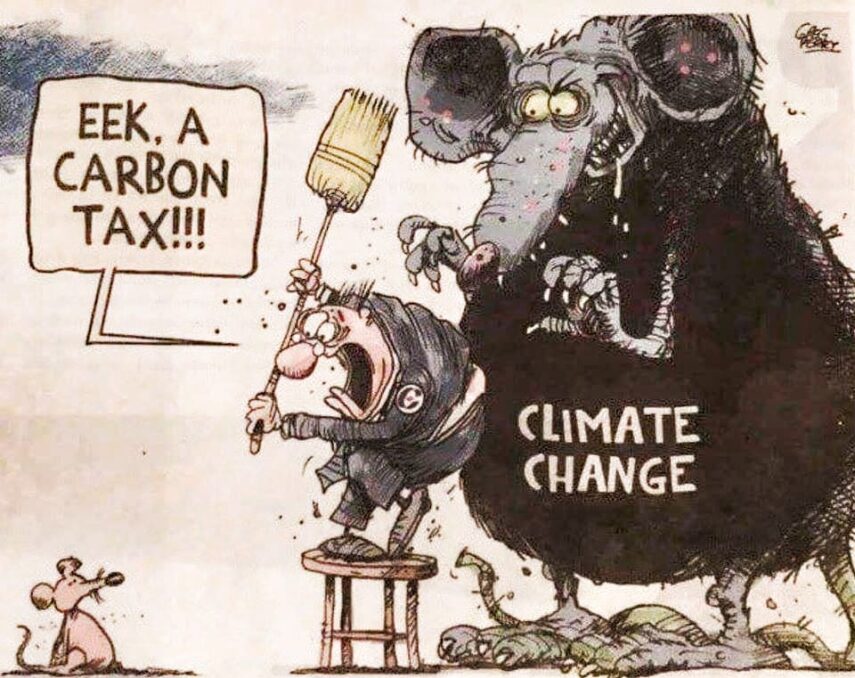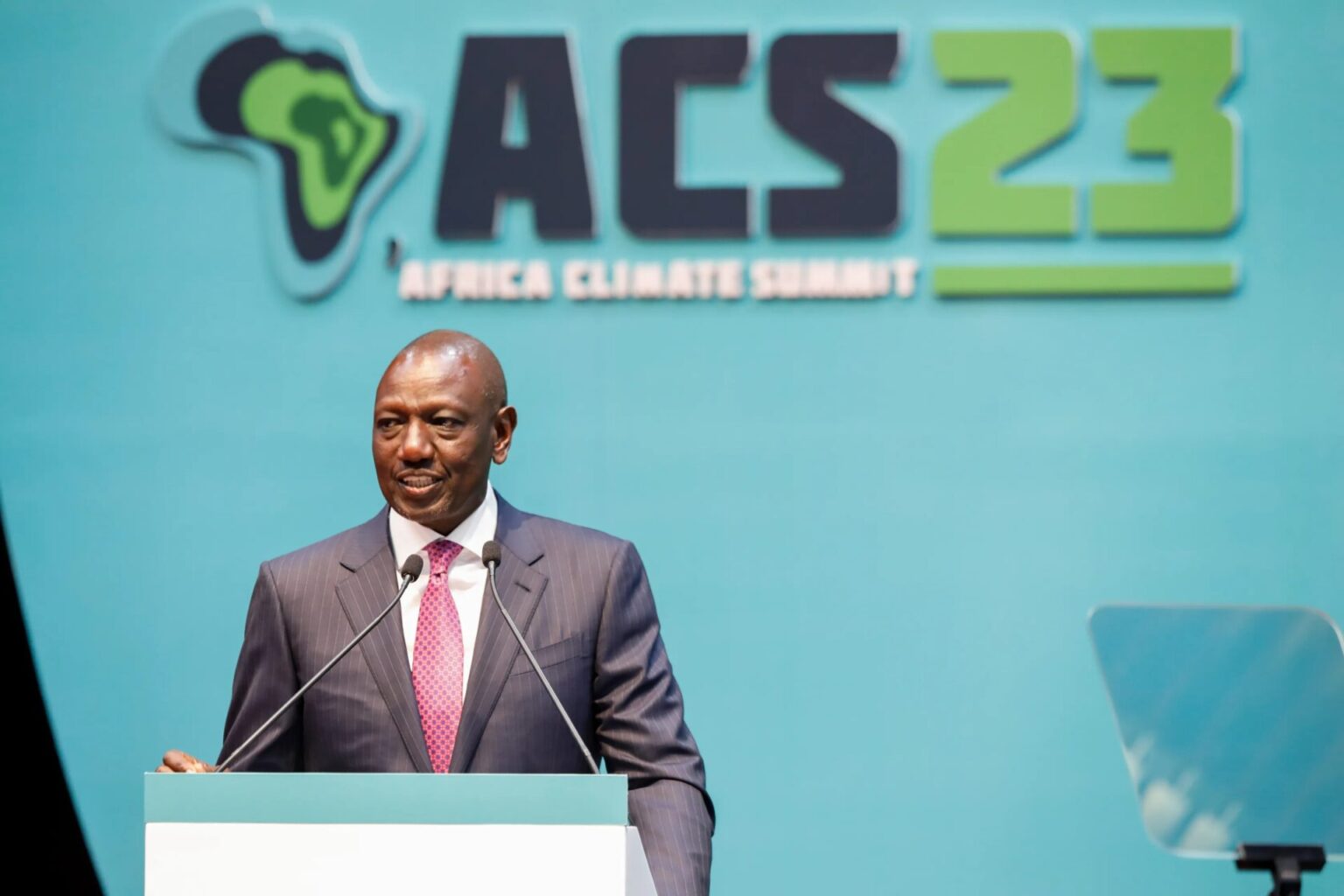The Government of Kenya is hosting the first ever Africa Climate Summit in Nairobi from 4th to 6th of September in lieu of the Africa Climate Week to address the urgent challenges posed by climate change. The second day of the Climate Summit was marked by African leaders demanding the First World take responsibility for their impact on climate change and calling for the imposition of Global Carbon Tax.

Climate Change Today
The Earth is now 1.1 degree warmer than it was in the 1800s. In this context, the Paris Agreement was signed between countries with a promise of keeping the global temperatures from exceeding 1.5 degrees which marks the tipping point.
However, scientists and experts are suggesting that these tipping points could get triggered before reaching the 1.5 degree mark globally. A latest report by the Intergovernmental Panel for Climate Change suggested that more than a dozen of natural systems, from ice sheets to Amazon Rainforests are moving towards their tipping point which essentially means that the characteristic nature of these existing ecosystems will undergo an irreversible change.
A new study has shown that global climate temperatures are increasing at the rate of 0.2%. The world seems to be running out of carbon budget. Scientists argue that now only 250 billion tonnes of CO2 can be emitted.
The Role of the First World in Climate Change

The First World Countries have been burning coal, oil and gas for decades. Their levels of historical emissions were unaccounted for which have in turn contributed towards their development.
Additionally, their historical exploitation of the Second and the Third World Resources has led these countries towards economic progress depriving the exploited nations any scope for the same. Now, as the world reaches closer to climate change and developing and underdeveloped countries work towards progress, it essentially becomes the responsibility of the developed nations to mitigate climate change.
Last year, these developed countries had promised to provide $40 billion per year by 2025 to help the poorer countries with climate adaptation measures. But a United Nations report estimates this is less than one-fifth of what developing nations need.
Emissions by the United States by 1.3% in 2022 and China, though considered a developing country, has contributed 30% to the global emissions. The European Union’s current share in GHG emissions stands at 7%.
What is Global Carbon Tax and why is Africa demanding it?

The Global Carbon Tax is based on the polluter pays principle. It is a type of tax which will be paid by countries who emit the maximum amount of carbon dioxide and have done so in the past. It is a component of the Carbon pricing system. 35 countries today have implemented carbon taxation excluding the United States. It is a Pigouvian tax by nature. The first country to implement a carbon tax was Finland in 1990 followed by Sweden and Norway.
While 20% of the richest countries today contribute 80% towards climate change, 17 out of 20 countries most affected by it lie in Africa. This has cost the region 5% to 15% of its GDP.
Thus, the Africa Climate Summit acts as a platform voicing the concerns of developing and underdeveloped nations around the world calling out the First World to take responsibility for their historical exploits and its consequences and avoid offsetting their burden while paying for the hurt they have caused to the environment and the people.













